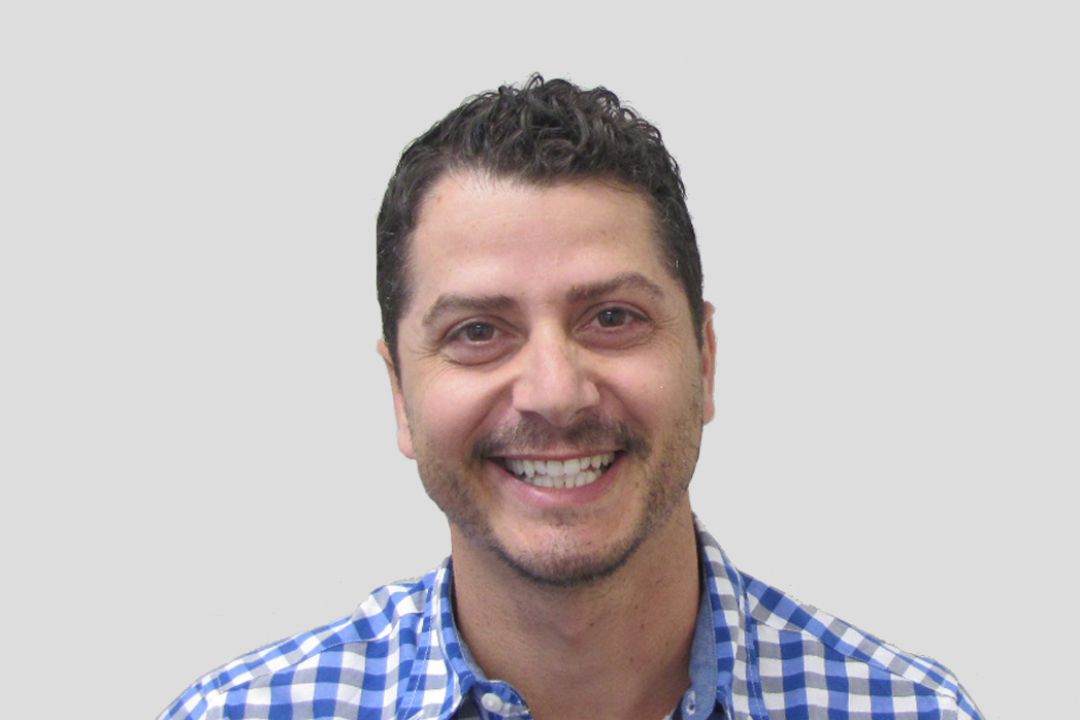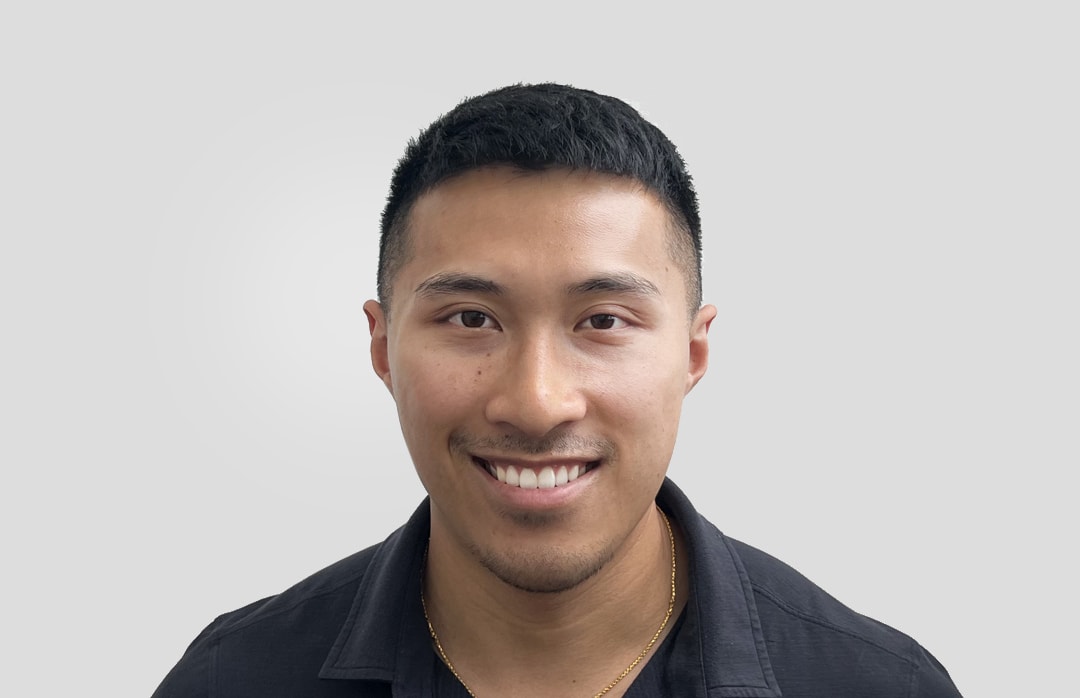- Whiplash Injuries
- Wry Neck
- Tennis Elbow
- Shin Splints
- Rotator Cuff Injuries
- Patello-Femoral Pain
- Patella Tendinopathy
- Osteitis Pubis
- MCL Injury
- Neck Pain
- Lower Back Pain
- ITB Friction Syndrome
- Plantar Fasciitis
- Headaches
- Dizziness
- Hamstring Injury
- Femoro-acetabular Impingement
- Carpal Tunnel Syndrome
- Calf Injury
- Adductor Injury
- Achilles Tendinopathy
- ACL Injury

What is Dizziness?
Dizziness is a broad, non-specific term used to describe a false sensation of motion of the body. Associated dizziness symptoms may include: light-headedness, giddiness and unsteadiness. Vertigo differs as it involves a specific sensation of the room/ environment spinning. Vertigo is highly characteristic of an inner ear (vestibular) issue, while dizziness can have numerous contributing factors, including the neck (cervicogenic dizziness – CGD).
Benign Paroxysmal Positional Vertigo
Benign Paroxysmal Positional Vertigo (BPPV) is the most common type of vertigo. It is associated with reoccurring, short-lasting bouts of dizziness caused by changes in head position. For example, sudden sensations of the room spinning when rolling or getting out of bed. BPPV can also be associated with nausea and loss of balance. As frightening as BPPV can be, there is a pathophysiological reason as to why people experience it, and successful physiotherapy treatment for it.
BPPV occurs when crystals from the inner ear (otoconia) become dislodged from the sensory site in the ear (utricle) and migrate into one of the three semicircular canals where they are not supposed to be. Normally, the crystals are attached to hair-like cells inside the utricle. This attachment allows our brains to recognise changes in head position and tells us where our head is in space. In the case of BPPV the dislodged crystals disrupt this process, resulting in disorientation and spinning sensations.
Physiotherapists are able to do specific vertigo tests to determine the likely position of these crystals. Then they may perform necessary treatment to re-position them to help alleviate vertigo symptoms.
Cervicogenic Dizziness
Cervicogenic Dizziness – CGD is similar to BPPV in that there is a clear relationship between cervical (neck) movement and symptoms. However, CGD is a diagnosis of exclusion that is associated with vague sensations of dizziness, rather than the rotatory, spinning sensation as experienced with vertigo. Signs and symptoms of CGD may include unsteadiness and disorientation but also neck pain, limited neck range of motion and cervicogenic headaches (headaches stemming from the upper cervical spine).
Treatment
Physiotherapists are able to differentially diagnose and exclude types of dizziness with a comprehensive series of questions and special tests to reproduce symptoms. Depending on the type of dizziness, physiotherapy treatment may involve manoeuvres to reposition the crystals
within the ear (eg. Epley’s manoeuvre) or treatment to the neck for CGD, both of which can be very helpful to ease symptoms. Through the assessment, physiotherapists are also able to determine if your dizziness symptoms are not caused by the above mentioned conditions and will triage
and refer on to any necessary health professional.
Appointments with one of our Physiotherapists can be requested by clicking here.
Meet Our Expert Physio’s
Our physiotherapists are experts in dizziness and vertigo. You can learn more about them in depth below.



